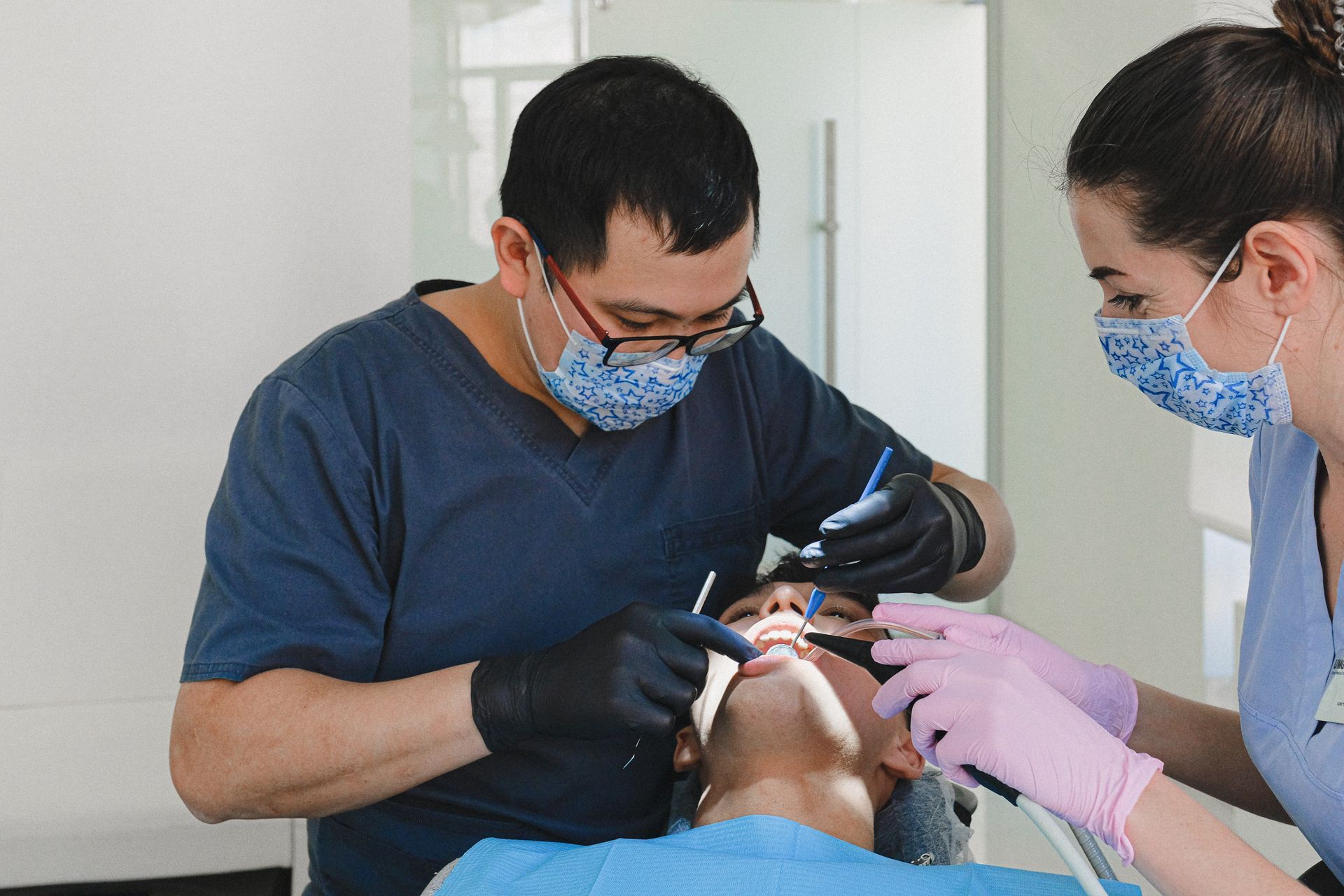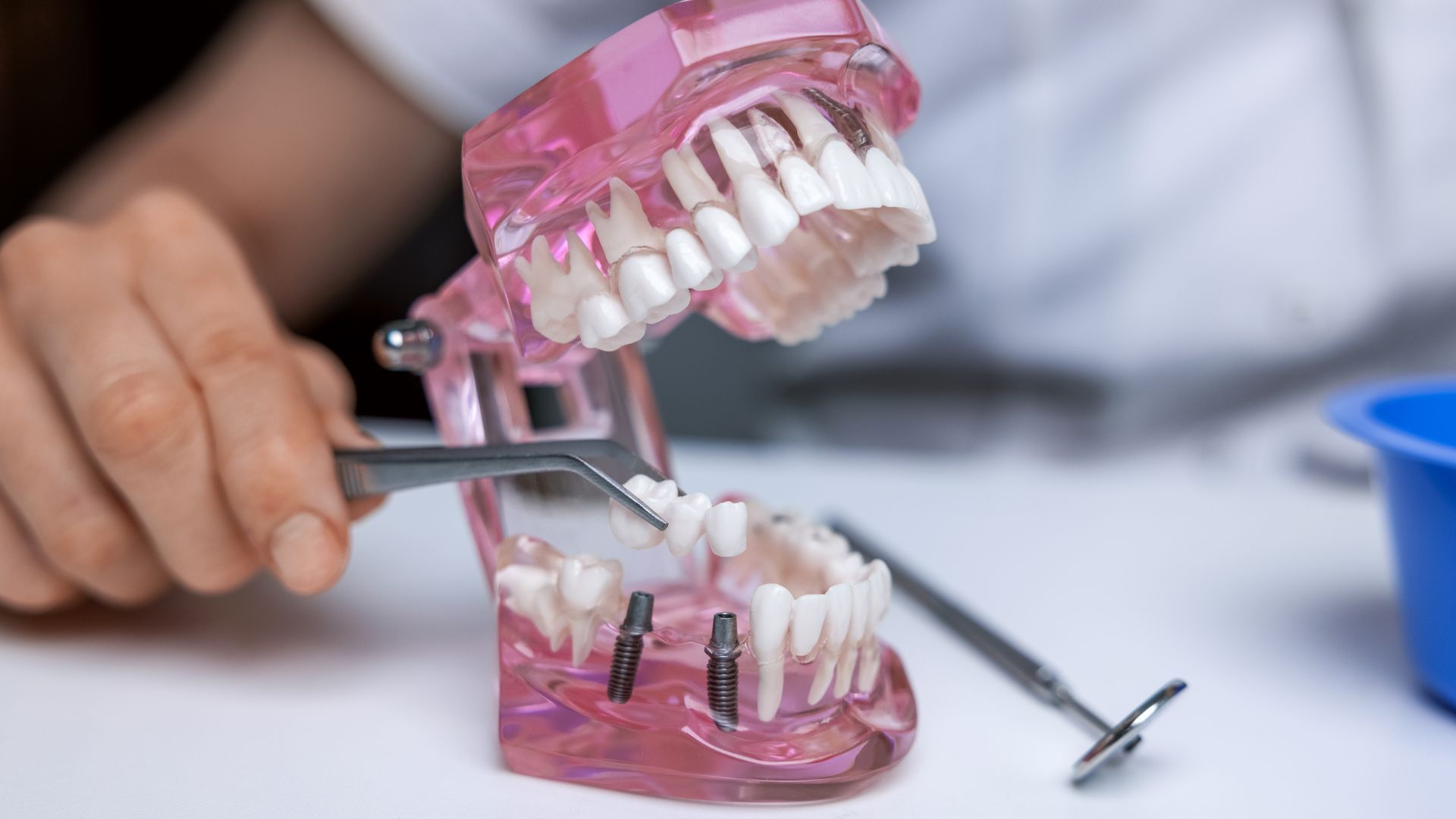The Science of Gum Disease: How it Affects the Body
What is Gum Disease?

Gum disease is a chronic bacterial infection that affects the gums and the bone that supports the teeth. It is caused by the buildup of plaque, a sticky film of bacteria that forms on the teeth and gums. When plaque is not removed through regular brushing and flossing, it can harden into tartar, which can only be removed by a professional dental cleaning. As the bacteria in plaque and tartar build up, they can irritate the gums and cause inflammation, known as gingivitis. If left untreated, gingivitis can progress to periodontitis, a more severe form of gum disease that can lead to tooth loss.
The Connection between Gum Disease and Other Health Conditions
Research has shown that gum disease can have a significant impact on overall health. The bacteria that cause gum disease can enter the bloodstream and travel to other parts of the body, where they can cause inflammation and damage to organs and tissues. This inflammation has been linked to a number of health conditions, including:
Cardiovascular Disease:
Studies have shown that people with gum disease are more likely to develop heart disease than those with healthy gums. The inflammation caused by gum disease can contribute to the formation of plaque in the arteries, which can lead to a heart attack or stroke.
Diabetes:
People with diabetes are more likely to develop gum disease, and gum disease can make it harder to control blood sugar levels. This can create a vicious cycle, as high blood sugar levels can also make gum disease worse.
Respiratory Infections:
The bacteria that cause gum disease can be inhaled into the lungs, where they can cause infections such as pneumonia.
Pregnancy Complications:
Pregnant women with gum disease are more likely to give birth prematurely or to babies with low birth weight.
The Importance of Regular Dental Checkups and Cleanings
Regular dental checkups and cleanings are essential for maintaining healthy gums and preventing gum disease. During a dental exam, your dentist can check for signs of gum disease and provide treatment if necessary. A dental cleaning removes plaque and tartar buildup, which can help prevent gingivitis and periodontitis. Your dentist may also recommend additional preventive measures, such as fluoride treatments or dental sealants, to help protect your teeth and gums.
In addition to regular dental checkups and cleanings, there are several things you can do at home to maintain good oral health and prevent gum disease. These include:
- Brushing twice a day with a fluoride toothpaste.
- Flossing daily to remove plaque and food particles from between teeth.
- Using an antimicrobial mouthwash to kill bacteria and freshen breath.
- Eating a healthy diet that is low in sugar and high in fruits and vegetables.
To conclude, gum disease is a common dental problem that can have a significant impact on overall health. The inflammation caused by gum disease has been linked to a number of health conditions, including cardiovascular disease, diabetes, respiratory infections, and pregnancy complications. Regular dental checkups and cleanings, along with good oral hygiene practices at home, can help prevent gum disease and maintain healthy gums and teeth. If you have any concerns about your oral health, be sure to talk to your dentist. If you are located in Houston,Tx feel free to book an appointment with our periodontists.
VISIT
5858 Westheimer, Suite 820 Houston, Texas 77057 United States



